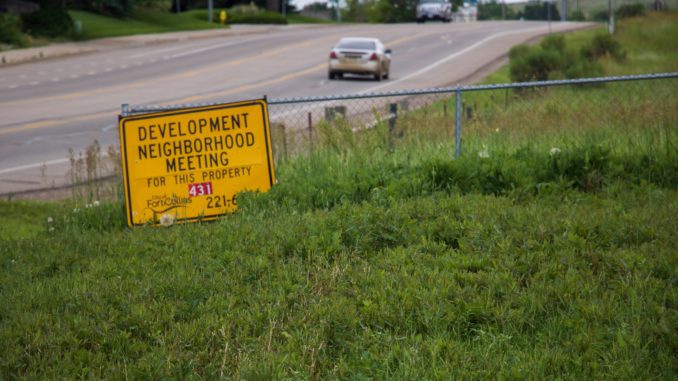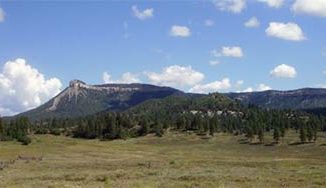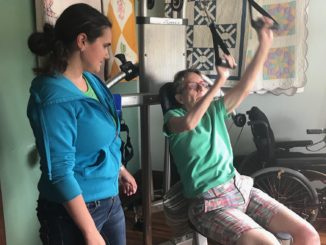
More than 50 years ago, the football program at Colorado State University graduated to a new level when 30,000-seat Hughes Stadium opened west of town off Overland Trail, close to the foothills and about three miles from the CSU main campus. Hughes replaced a venue on College Avenue adjacent to the campus that looked a whole lot like a high school stadium and has now been replaced by a running track.
By 2016, after undergoing a major renovation in 2004-05, the CSU football team played their final game at Hughes Stadium. Plans for a new and larger stadium on campus were well underway. Canvas Stadium was completed in time for the 2017 season, leaving the old stadium vacant. After some debate, CSU demolished Hughes Stadium in 2018 leaving 161 acres of land available. Deciding on the best possible use for this large parcel of land has become an ongoing issue.
In January 2019, the Colorado State University Board of Governors entered into a purchase and sale agreement with Lennar Colorado LLC, part of a large national real estate development firm. A contract was signed allowing Lennar to investigate the feasibility of building housing on the land for 90 days, to be followed with specific plans after that period of time. The 90 days is now over and Lennar has been granted a continuance in order to make their decision. The contract stipulates termination of the existing contract if Lennar has not made a formal commitment by October 30, 2020.
Lennar has developed preliminary plans for a mixed housing development complete with graphics which has led to some confusion in the community regarding the final resolution of what is to become of the land.
A Coloradoan article described Lennar as “the master developer of the former Hughes Stadium site” and described the developer’s plans to build 600 to 700 homes on the site. The fact that CSU has not yet sold the property has not always been made clear. An article in the Rocky Mountain Collegian also described the property as sold to a developer for $10 million with the intention of using the land to develop affordable housing communities.
Cameron Glass, long-range planner for the city, explained that the process is in an early stage. Lennar has submitted a preliminary plan but has not yet supplied development and rezoning plans, both of which must be approved by the city. The process will include public meetings where comments will be welcomed. Lennar will also need to address traffic and environmental issues.
The process will involve considerable cost and some risk for the developer. “It’s a matter of economics,” Gloss said. Lennar must determine the feasibility of the project for them.
Meanwhile some residents close to the area in question have concerns about housing density, traffic, and compliance with the city’s master plan. Mark de Gregorio wonders why the city has not considered approaching CSU with the possibility of selling the property for a park or natural area using city funds set aside for that purpose.
Mark Seers of the Natural Areas division for the city explained that a decision was made not to approach CSU regarding purchasing the land for a park or natural area because of the proximity of Maxwell and Pineridge natural areas in the vicinity of the property. He also explained that they took into consideration missing out on other possible opportunities for land acquisition if such a significant amount were to be spent on purchasing the Hughes property.
Gloss clarified concerns that the city was not being transparent in regard to publicizing a May 22 focus group meeting sufficiently. He explained that attendees at the April 4 meeting were encouraged to sign up if they wished to speak with city planners. Those on this list were made aware of the meeting. “We expected between 15 and 30 people and 90 showed up,” Gloss said. “It was difficult to convene the focus group with such large numbers.”
As evaluating Lennar’s approval for the proposed housing development moves forward, Gloss says there will be multiple opportunities for citizen input. He feels strongly about collaborating with members of the community at each step.
Support Northern Colorado Journalism
Show your support for North Forty News by helping us produce more content. It's a kind and simple gesture that will help us continue to bring more content to you.
BONUS - Donors get a link in their receipt to sign up for our once-per-week instant text messaging alert. Get your e-copy of North Forty News the moment it is released!
Click to Donate



